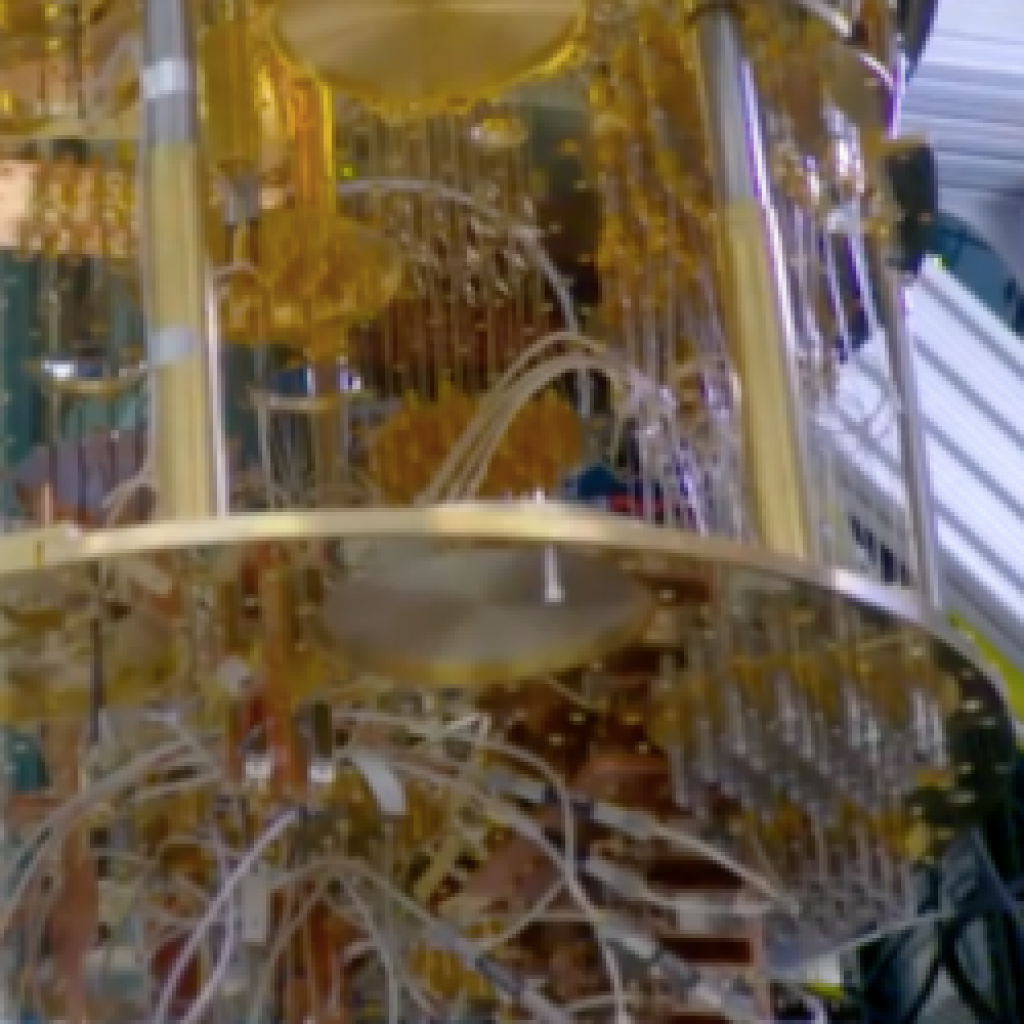(FinNewsAsia) Quantum Technologies is one of the five technologies and scientific research areas that could potentially make significant progress in 2021 highlighted in this essay by finews.first
NOTE: Finews is a forum for authors specialized in economic and financial topics. Author Lars Jaeger is a Swiss-German author and investment manager. He writes on the history and philosophy of science and technology.
Jaeger writes, “The development of quantum computing promises a new technological revolution that could shape the 21st century in much the same way that the development of digital circuits did for the 20th century.’
As early as 2021, we could witness a new Sputnik momentin information technology, in the form of a quantum processor with more than 100 qubits that achieves true quantum superiority.
This in turn could dramatically impact five different fields:
- Cryptography: Today’s common ciphers are based on the re-factorization of the products of two very large prime numbers. Above a certain number size, this task can no longer be solved by a classical computer. A quantum computer could do this in minutes.
- Solving complex optimization tasks: The task of finding the optimal solution from many variants is considered particularly tricky among mathematicians. Such problems arise in industrial logistics, in the design of microchips or in the optimization of traffic flows. Even with a small number of variants, classical computers drop out when asked to calculate optimal solutions. Quantum computers, on the other hand, could solve such optimization problems in a comparatively short time.
- Artificial intelligence: The «deep neural networks» used here involve hard combinatorial optimization problems that can be solved far faster and better by quantum computers than by classical computers.
- Searching in large databases: When searching unsorted data sets, a classical computer must consider each data point individually. The search duration, therefore, increases linearly with the number of data points and thus quickly becomes too large for a classical computer in increasingly large data sets. With a quantum computer, the search duration would only follow a root law. Instead of taking thousand times as long for a billion data entries as it does for a million, a quantum computer would only take slightly more than 30 times as long – a breathtaking improvement in the case of very large numbers.
- Finding new chemical compounds: Complex optimization problems also arise repeatedly in the simulation of quantum systems, where the task is to find the best possible, i.e. most energetically favorable, the configuration of electrons in complex molecules or atomic assemblies among many alternatives. The corresponding quantum equations are too difficult for conventional computers. Quantum computers, on the other hand, could directly map the behavior of the electrons involved, since they themselves behave like a quantum system. The resulting better understanding of molecules and the details of their chemical reactions could be used, for example, to develop new drugs or far more efficient battery technologies.
Author Lars Jaeger is a Swiss-German author and investment manager. He writes on the history and philosophy of science and technology.
